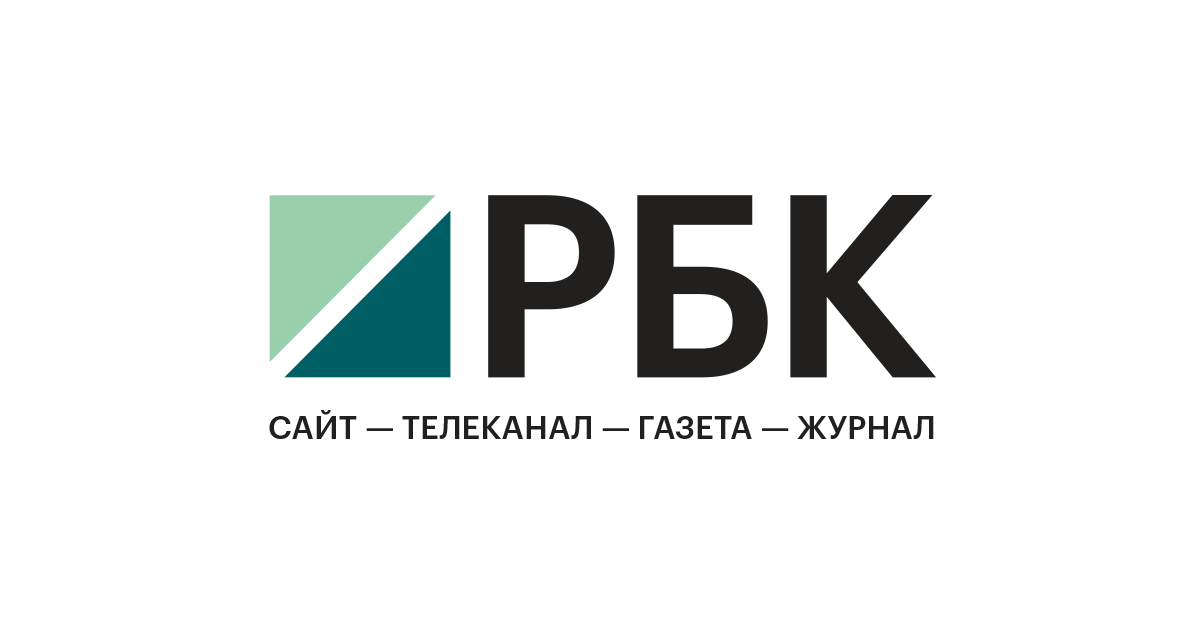Russian Universities Urged to Ditch Foreign Software for Construction Education
July 20, 2024, 3:34 am
Russian universities and colleges are being urged to mandate the use of domestic software for training students in construction specialties. The National Association of Organizations in the Field of Information Modeling Technologies (NOTIM) has put forward this initiative, sending letters to Deputy Prime Minister Dmitry Chernyshenko, as well as to the Ministry of Digital Development and Ministry of Construction, according to RBC. NOTIM includes leading Russian software developers for construction, as well as clients, developers, and other industry participants. The main idea is that students should be trained on domestic products to be able to work with them after graduation, facilitating their adaptation to employment. The Ministry of Digital Development has supported NOTIM's initiative, emphasizing the use of Russian software for education and practical skills development. NOTIM President Mikhail Viktorov highlighted that most educational institutions in Moscow teaching construction have already transitioned to Russian software, such as Moscow State University of Civil Engineering, MITU-MASI, St. Petersburg State University of Architecture and Civil Engineering, and Bauman Moscow State Technical University. While Western analogs are necessary for study, the core of education should be based on Russian programs. The Executive Director of the Association of Software Developers "Domestic Software" Renat Lashin mentioned that universities still using foreign software like Autodesk can switch to Russian alternatives such as "Kompas-Graphic" by "Ascon," NanoCAD by "Nanosoft," Model Studio CS by "Sisoft Development," among others. Lashin noted that colleges have largely transitioned to domestic engineering software within their educational processes. Recent reports indicated that Russian developers lost access to their project documentation due to the blocking of their cloud accounts by Autodesk's BIM 360 system. The platform stores client files in encrypted form on Autodesk servers. In 2022, some Russian developers purchased Autodesk licenses through Kazakhstan, Kyrgyzstan, and the UAE, prompting Autodesk to cut off access to its resources for these clients.
